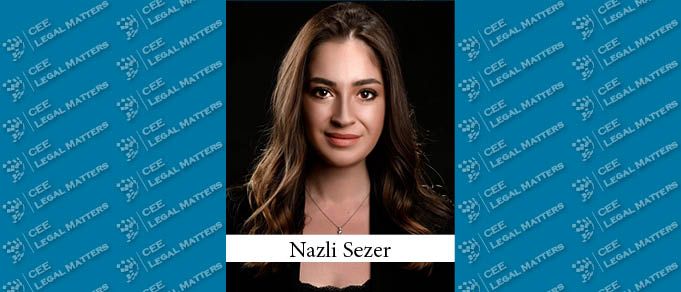“The biggest problem now in Turkey is the ongoing elections,” says Sezer & Utkaner Executive Partner Nazli Sezer, who points out that the country has been in election mode for three years now.
Turkey had a constitutional referendum in 2017, which was followed by presidential and parliamentary elections in 2018. This year Turkey is holding municipal elections, including the widely-reported June Istanbul mayoral elections and the victory of Ekrem Imamoglu following a controversial second vote. “These election processes are tiring our country in an economic manner,” Sezer sighs. “Both foreign and domestic investors are postponing their investment processes due to concern about the results of these elections. We hope that these procedures will soon finalize and we will see an increase of investments with a stabilized economy."
The current political and economic situation has not terminated growth in Turkey altogether, Sezer says. She notes that import and export are doing well, facilitated by an increase in the foreign currency exchange rate, and she says that exports increased by 7.1 percent in 2018, reaching USD 168 billion. “Export companies use foreign currency to their benefit,” she says, explaining that the country’s financial crisis is actually helping those export companies that do business in foreign currency. In addition, she says, “some foreign investors see the currency change as an opportunity to buy Turkish products and invest in a merger-and-acquisition manner.”
In the meantime, Turkey’s Law on Restrictions on Foreign Currency Transactions that tightened restrictions on local organizations making transactions using foreign currencies was enacted in August 2018 and still keeps businesses busy. “It was the biggest change in the market, and many companies have had to adapt their contracts and transactions in accordance with the law,” Sezer says. “It created additional work and uncertainty for companies.” Not everyone is affected the same — for example labor agreements that are executed outside of Turkey and software and license agreements are exempt from these regulations, Sezer says, although export companies are not, and their income from export activities is regulated strictly. She says that these companies have 180 days to convert at least 80 percent of their income from foreign currency into Turkish lira.

















